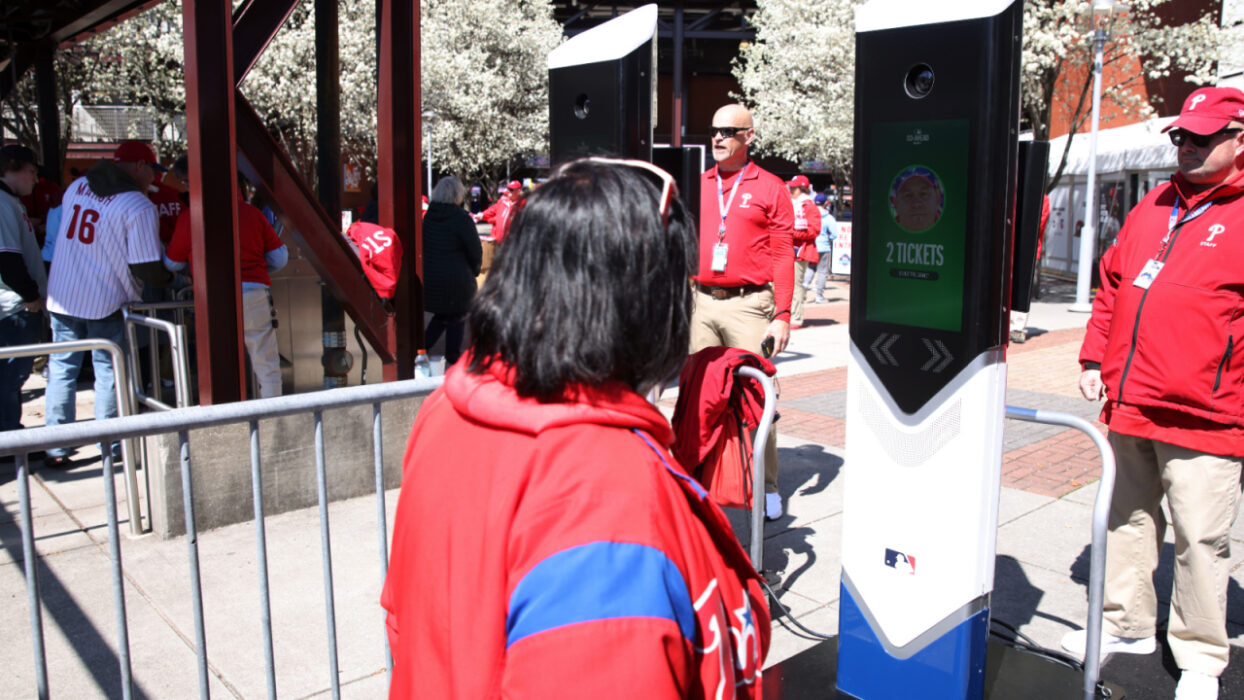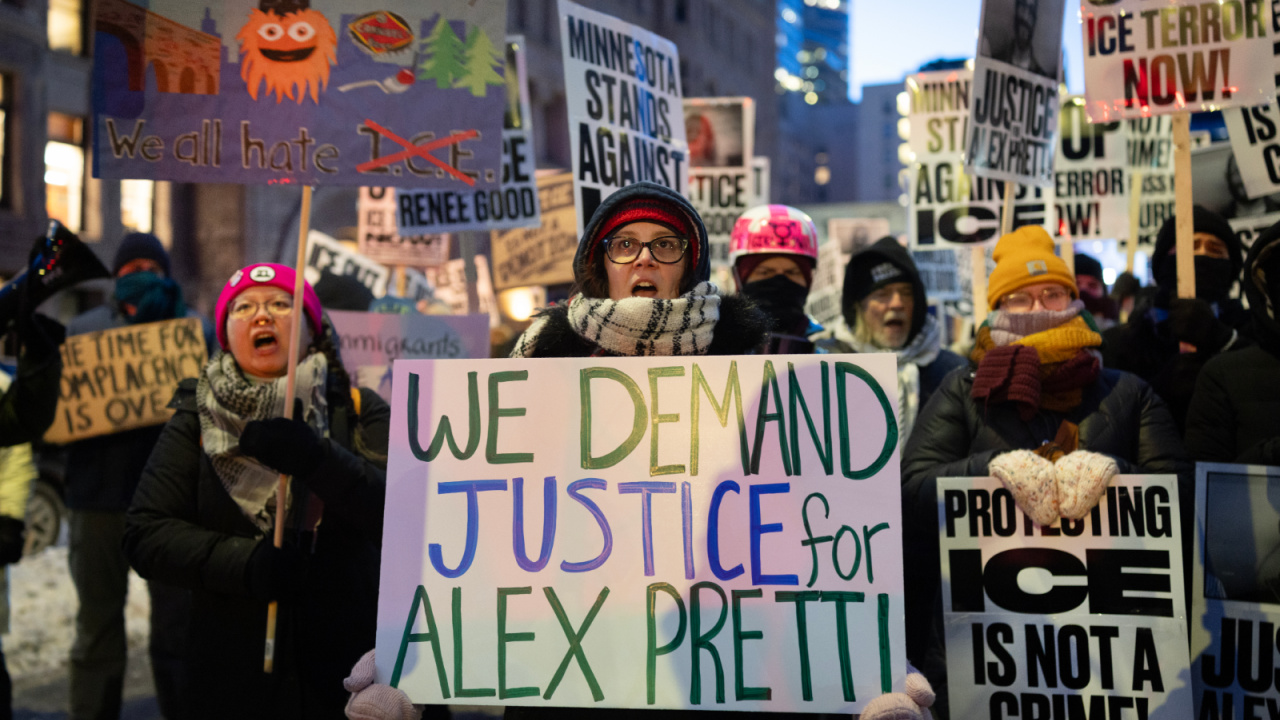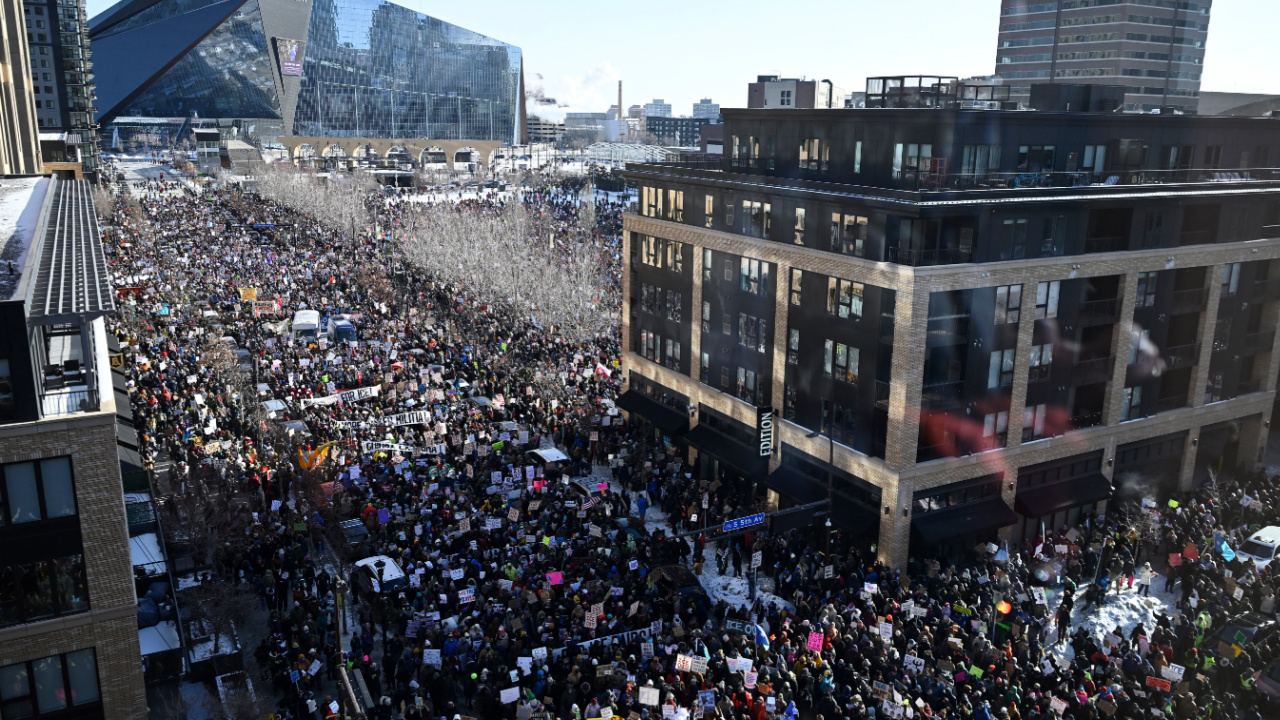
Colombia Is Thinking About Legalizing and Subsidizing Its Immense Cocaine Industry
Photo: CARLOS JULIO MARTINEZ/AFP via Getty Images
The idea of the “War on Drugs” is shifting globally. Not only did America pass a record amount of legislation this past election regarding legalizing marijuana (and all drugs completely in Oregon), but other countries are taking steps to decriminalize drugs as well.
The most surprising country to take steps towards decriminalizing drugs is Colombia. Everyone knows that Colombia has a serious problem with cocaine trafficking and drug cartels. Colombia is estimated to export 90% of the world’s cocaine supply. And unfortunaely, Colombia decades-long War on Drugs is failing.
That’s why some politicians are suggesting that Colombia legalizes immense cocaine industry.
One politician in particular, Senator Iván Marulanda, is spearheading this fight. In an interview with Vice, Marulanda explained the reasoning behind his push for cocaine legalization as well as an outline of how Colombia can put the plan into action.
Marulanda is putting forward a bill that will legalize coca farming. The Colombian government would, in turn, completely buy the country’s entire stock of coca leaves. Per Marulanda, the state would supply the coca leaves to indigenous communities who have an ancestral relationship with the plant. These communities would create “foods, baking flour, medicinal products and drinks like tea”.
But above all: the state would produce cocaine and supply it to cocaine users.
The plan is ambitious, but Marulanda believes it could change everything for Colombia–a country that has been wracked by drug-related violence and deaths for decades.
“In Colombia, the personal consumption of cocaine is legal. It’s legal because of a court ruling that recognizes personal consumption as a human right,” Marulanda explained to Vice. “However, what we don’t have is the legal cocaine to meet that demand. Instead, we have consumers who are in contact with organized crime groups who supply them cocaine in local drug markets. It’s poor quality cocaine and it’s often mixed with unregulated substances. It’s everywhere: in our schools, in universities, in parks and bars. It’s in all these public spaces.”
Marulanda’s bill will attempt to legalize cocaine for medicinal purposes only. Users would go to their doctor for a prescription–mostly for pain-relief purposes.
Marulanda was also careful to outline the economic benefits of legalizing the cocaine industry in Colombia.
According to the senator, Colombia spends $1 billion annually trying to eradicate drugs from their country. In contrast, buying up all the coca leaves that coca farmers produce would only cost $680 million. Marulanda also insists that the farmers could “push the price up if they need to.”
Marulanda explained that the legalization of cocaine could diminish drug-related violence that is linked to cartels, but it could put a damper on the rampant deforestation that coca farmers wreak on Colombia’s land.
Because of the stigma of coca leave farming, coca farmers are forced to live in the shadows. “Usually, these farm families end up displacing themselves, deforesting new areas, and re-planting coca while they’re running from the authorities,” Marulanda explained. “Second, Colombia is destroying around 300,000 hectares of forest per year. It’s estimated that coca-growing families are responsible for 25 percent of that annual deforestation.”
The bottom line is: the old-school methods behind the “War on Drugs” are failing.
Marulanda believes that Colombia–as well as other countries–must reevaluate the way they’ve been approaching drug regulation.
“We’ve been going 40 years with a policy that costs billions of U.S. dollars with zero success and so much cost and destruction,” Marulanda said. “Let’s try out this other policy. Because something that hasn’t worked in the last 40 years is something that’s just not going to work.”




